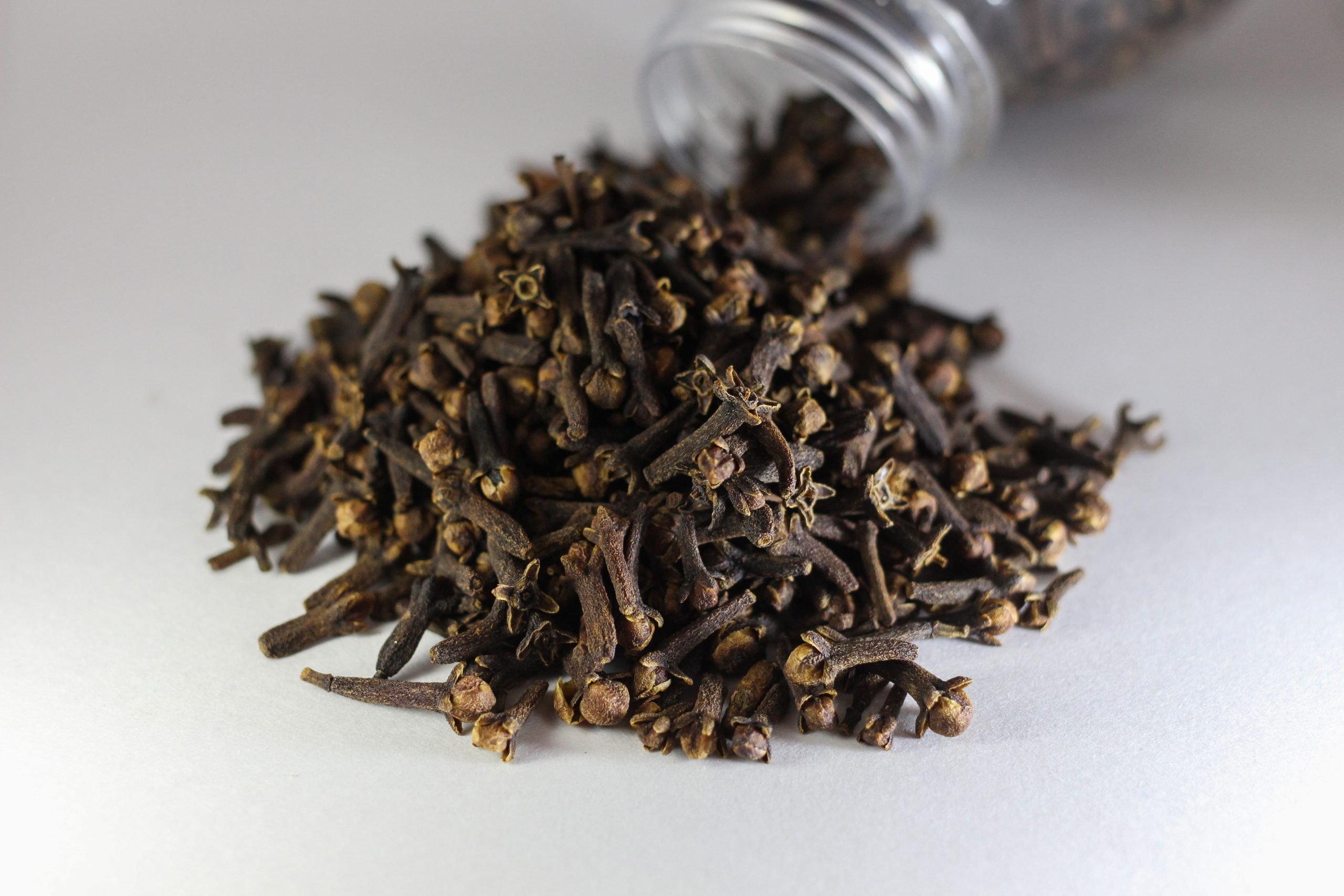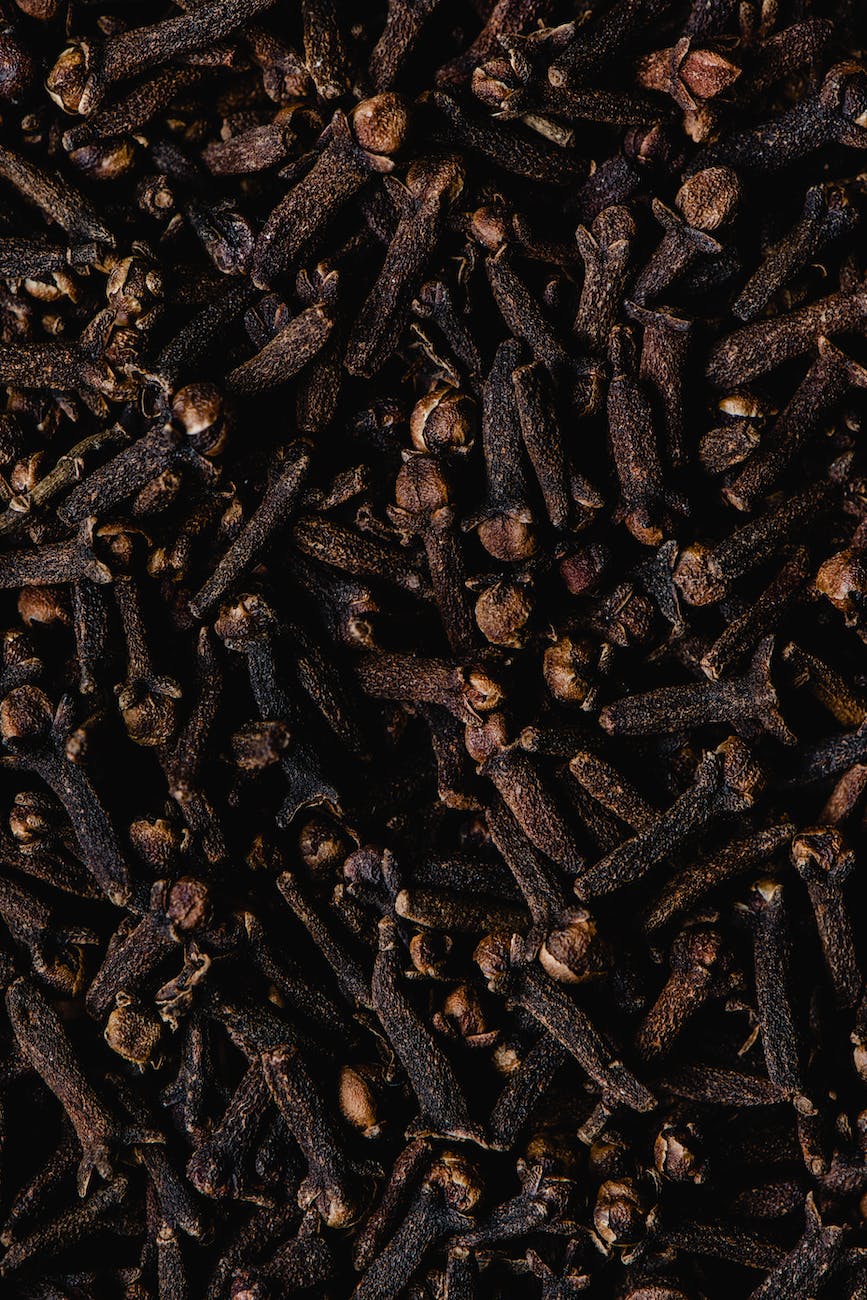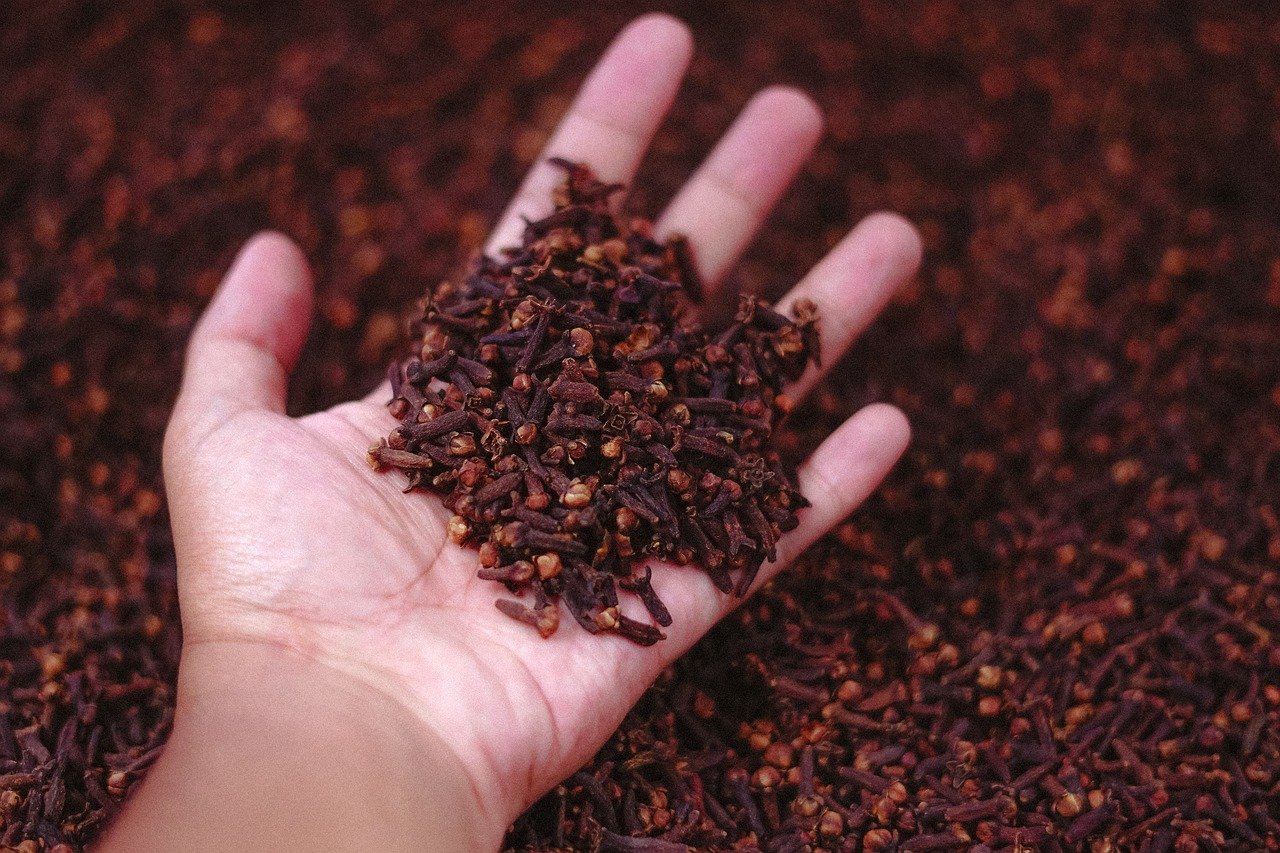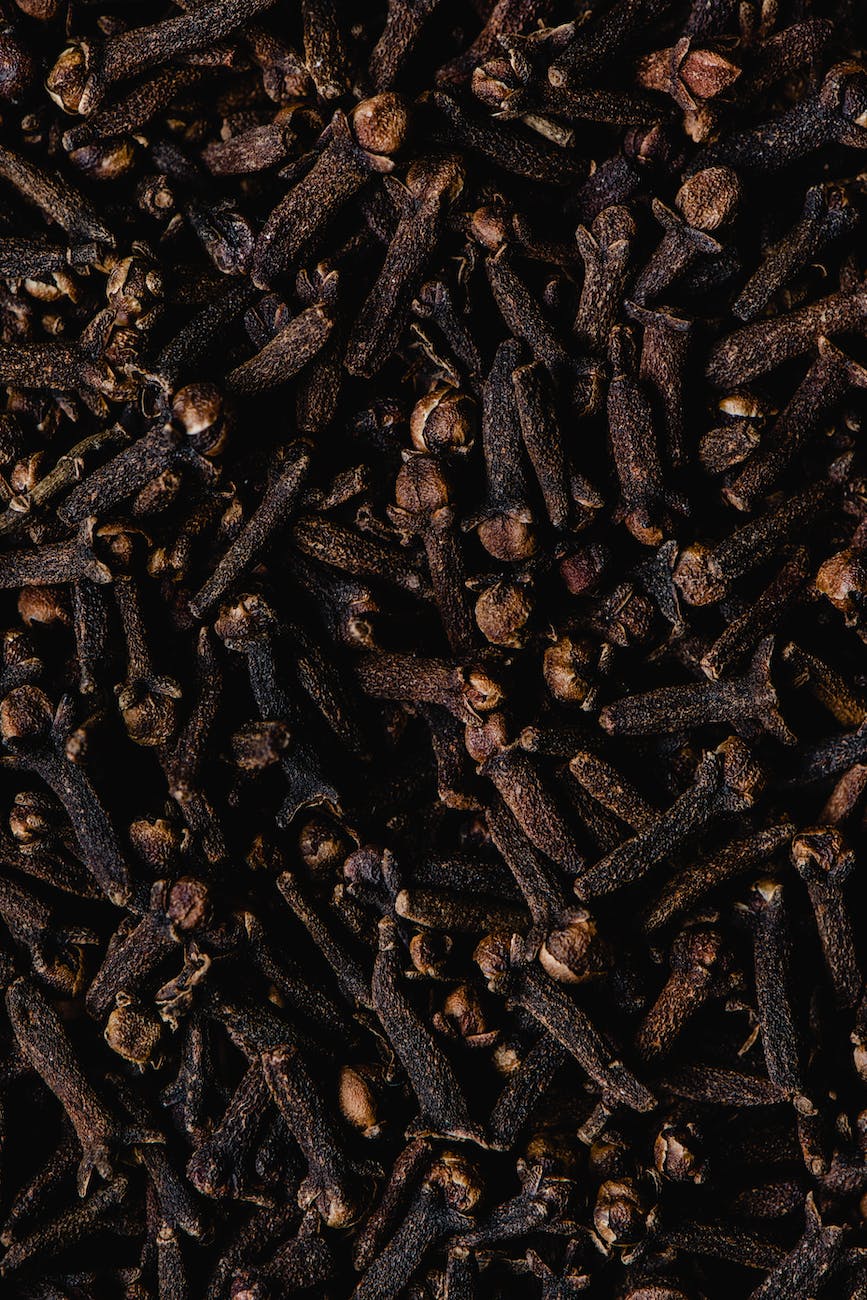
Hello, health enthusiasts! 🏋️♀️ Today, we’re exploring the world of natural remedies with a simple ingredient that’s both beneficial and versatile. We’ve found an enlightening video by Dr. Mandell, also known as the Motivationaldoc, that guides you through the health benefits of consuming just two cloves a day on an empty stomach. This video has been viewed over 478,000 times, making it a popular guide for those seeking natural ways to boost their health.
Dr. Mandell, a renowned chiropractic physician, motivational speaker, and wellness expert, demonstrates the medicinal properties of cloves, a fragrant dried pink flower bud that comes from an evergreen tree native to Indonesia. Cloves are rich in a variety of vitamins, minerals, and antioxidants, making them a potent natural remedy for various health issues.
The Health Benefits 🌿
Here are some of the amazing health benefits that eating two cloves a day on an empty stomach can bring:
- Regulating Blood Sugar: Cloves have a direct effect on the pancreas, allowing normal insulin levels to be secreted so that glucose can get into the cells of your body easily. This makes you more insulin-sensitive and less insulin-resistant.
- Improving Digestion: Cloves improve the secretion of your digestive juices, coat the mucosa of your stomach, and their antimicrobial properties kill unwanted bacteria in your gut.
- Promoting Oral Health: Cloves work as an analgesic, reducing pain if you have a toothache. They also reduce inflammation, prevent plaque, and fight bad breath.
- Boosting Liver Health: The active compound in cloves, eugenol, can help promote new cell growth as well as detoxify the liver and protect it.
- Increasing Bone Density: Cloves contain magnesium and flavonoids that help increase bone density.
- Reducing Inflammation: The powerful anti-inflammatories in cloves can help reduce inflammation throughout the joints of your body.
- Purifying Blood: Cloves are antiviral and can help in blood purification. They reduce the toxicity within the blood and are great for colds, sinuses, bronchitis, and flus.
- Providing Antioxidant Properties: Cloves prevent free radicals and oxidative stress in the body, preventing cancers and other conditions that lead to other future diseases.
For a more detailed explanation and to see the process in action, check out the full video by Dr. Mandell. Don’t forget to like and subscribe to his channel for more health and wellness tips!
We invite you to join our vibrant community on Facebook where we share our love for food, cooking, and everything in between. Let’s continue learning and growing together in our culinary journey. 🍽️👩🍳












